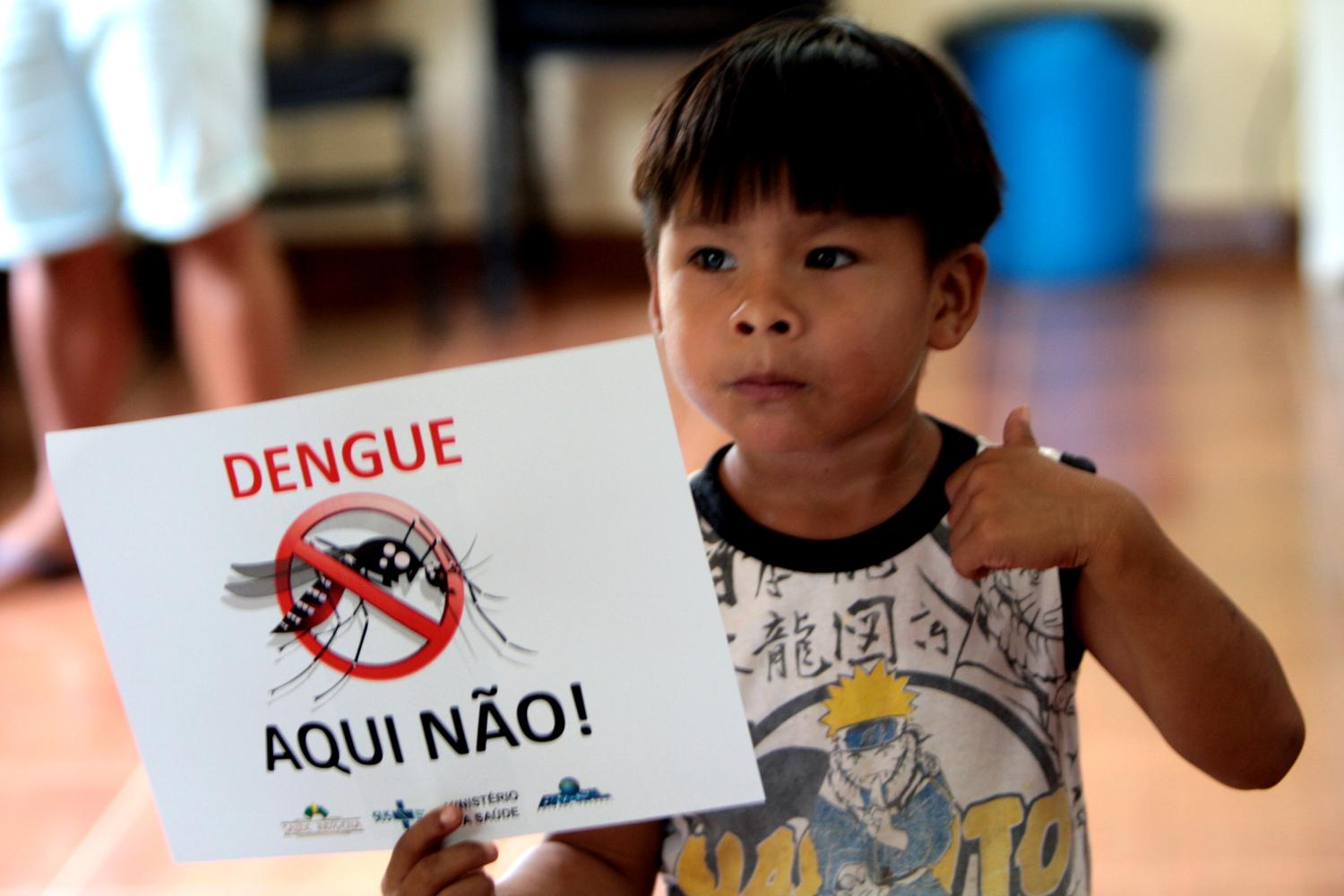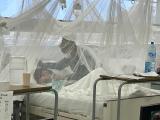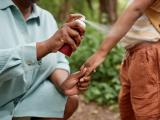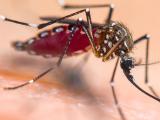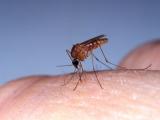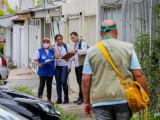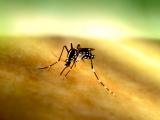Results of a phase 3 trial in the New England Journal of Medicine (NEJM) show 80% protection for the single-dose tetravalent (four-strain) Butantan-Dengue Vaccine (Butantan D-V) among participants with no evidence of previous dengue exposure and 89% protection in those with a history of exposure.
The vaccine is the culmination of years of research from Brazil's Butantan Institute, and the study included results from 16 Brazilian centers located in all five regions of the country. Each year at least 1 million Brazilians get infected with dengue; the current incidence rate in the country is calculated as 107.1 cases per 100,000 inhabitants, and the fatality rate is 0.9%.
"In June, we'll complete the five-year follow-up period. Once the data has been consolidated, we'll know how long the protection induced by the vaccine will last," said first study author Esper Kallas, PhD in a press release. "If all goes well, we'll win definitive approval for the vaccine in 2025.”
89% effective in those with prior dengue
The phase 3 trial began in February of 2016 and included 16,235 participants in Brazil; roughly 10,000 were vaccinated with the one-dose vaccine, and about 6,000 received a placebo.
Two-year vaccine efficacy (VE) was 79.6% (95% confidence interval [CI], 70.0 to 86.3) among participants with no evidence of previous dengue exposure and, 89.2% (95% CI, 77.6 to 95.6) among those with a history of exposure.
Overall, the four-strain VE against type 1 dengue was 96.8% and 85.6% among seropositive participants and seronegative participants, respectively, and 83.7% and 57.9%, respectively, against type 2 dengue. Dengue serotypes 3 and 4 were not circulating during the study period, so there is no assessment of efficacy against those strains.
VE was 80.1% for participants aged 2 to 6 years, 77.8% for those aged 7 to 17, and 90.0% for the 18 to 59 age-group. Among the 270 study participants who developed a dengue infection during the study, all had mild to moderate cases of illness, and none were hospitalized.
"It should be stressed that Butantan Institute's vaccine has also proved extremely safe for people who have never had dengue, which is an advantage over the vaccines now available on the market," said researcher Mauricio Lacerda Nogueira, PhD.
It should be stressed that Butantan Institute's vaccine has also proved extremely safe for people who have never had dengue.
High demand for 1-dose vaccine
In a commentary in the journal, dengue researcher Scott Halstead, MD, writes that trials of Butantan D-V should continue.
Currently, there are two other other dengue vaccines approved for use and recommended by the World Health Organization: Dengvaxia (3 doses) and TAK-003 (2 doses). Dengvaxia, however, is recommended only for use in children and adults ages 9 to 45 with at least one documented case of dengue, as dengue-naive recipients can suffer antibody dependent enhancement if they receive a vaccine prior to a natural infection.
In clinical trials, TAK-003 showed an increased risk of hospitalization for dengue type 3 among vaccinated seronegative participants.
Halstead said that the introduction of Zika virus to Brazil in 2015 has altered natural infections of dengue, with a Zika infection acting as a priming dengue infection in the immune system, and eliminating circulation of serotypes 3 and 4 since 2016.
"Given the realities of the dimensions of the dengue pandemic in the 20th and 21st centuries, a highly effective, one-dose, tetravalent vaccine remains in high demand. Butantan-DV clinical trials should continue and, if possible, be expanded," Halstead said.
